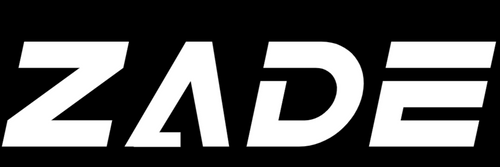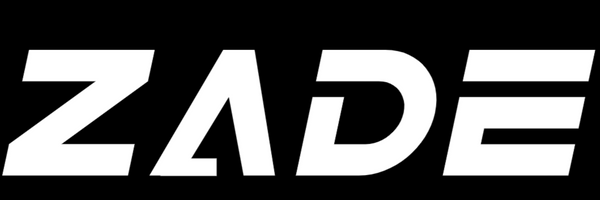The Impact of SHEIN and Temu on the Fashion Industry

The fashion world is constantly evolving, and the recent rise of online shopping giants like SHEIN and Temu has brought significant changes to the industry. According to reports, SHEIN is now worth more than $15 billion, making it one of the biggest online clothing stores in the world.
As the years go by, we've watched these changes closely, analyzing their effects on various aspects of fashion, including clothing quality, small business dynamics, environmental concerns, and design copying.
In this blog post, we're diving into the swirling vortex of SHEIN, Temu, and their impact on the fashion industry. Buckle up, because things are about to get juicy!
Clothing Quality: Affordable But at What Cost?
China-based retail platforms, SHEIN and Temu, have revolutionized the concept of fast fashion by offering trendy, affordable clothing. Their business models focus on rapid production to keep up with the latest fashion trends. But hold on a sec, is this cheap chic dream too good to be true?
While this approach makes fashion more accessible to a broader audience, it often raises questions about the quality of the garments. The low-cost production often implies a compromise in fabric quality and craftsmanship. You can score some surprisingly decent finds, but be prepared for a gamble.
While some shoppers appreciate the affordability, others are left questioning the longevity and durability of these garments. Think "Insta-worthy for a post, not investment-worthy for the long haul."
Impact on Small Business Owners: A Double- Edged Sword
These online giants aren't just shaking up trends, they're shaking up the whole fashion ecosystem. The dominance of SHEIN and Temu in the fashion industry presents a challenging landscape for small business owners.
On one hand, platforms like SHEIN and Temu offer a wider reach and a potential customer base that dreams are made of. These giants have democratized fashion by making it more affordable and accessible, which has increased the overall interest in fashion. Small businesses can capitalize on this increased interest by offering unique products that stand out from the mass-produced items.
But on the other hand, their price wars and lightning-fast production schedules make it nearly impossible for smaller brands to compete on cost or speed. For instance, from July to December 2021, SHEIN reportedly introduced 2,000 to 10,000 new items to its app daily, according to a business trade journal. Small business owners, the lifeblood of our local fashion scene, are facing some serious competition.
So, where's the happy medium? It's a complex dance, but supporting independent designers who prioritize quality, ethical practices, and unique designs remains crucial. Remember, every purchase you make whispers a message to the fashion universe, so choose wisely!
Environmental Concerns: The Hidden Cost of Fast Fashion
The fast fashion model championed by SHEIN and Temu is not without significant environmental impact. The rapid production cycle and the culture of constant consumption contribute to environmental degradation. The use of inexpensive, low-quality materials often means that garments are less durable and more likely to end up in landfills.
Consumers are increasingly aware of these issues and are starting to demand more sustainable practices. This shift presents an opportunity for SHEIN and Temu to reevaluate their production methods and for smaller businesses to differentiate themselves by offering more sustainable options.
The best way to navigate this eco-minefield? Embrace minimalism, invest in timeless pieces, and explore secondhand options. Remember, the most sustainable outfit is the one you already own!
Copying of Designs: A Controversial Practice
Another critical issue in the rise of SHEIN and Temu is the alleged copying of designs from independent creators and well-known brands. This practice not only undermines the original designers' creativity and hard work but also raises legal and ethical concerns. While imitation can be seen as a form of flattery in the fashion world, outright copying without acknowledgment or compensation can harm the industry's creative spirit.
It's a complex issue, as many consumers seek the latest trends at affordable prices, often overlooking the origins of these designs.
So, what can we do? Support brands that champion originality, celebrate emerging talent, respect intellectual property rights and avoid fast-fashion giants known for questionable practices.
Conclusion: Embracing Change with Awareness
The influence of SHEIN and Temu on the fashion industry is undeniable. They have brought significant changes, both positive and negative. As consumers, it's essential to be aware of these impacts, from the quality of what we wear to the sustainability of our choices and the ethical implications of our purchases.
By choosing to support brands that align with our values, whether it's for better quality, unique designs, sustainable practices, or ethical production, we can make a difference. After all, true beauty starts not with a $5 dress, but with a mindful approach to the clothes we wear and the world we create.
I encourage you to keep slaying, stay informed, and make choices that not only enhance your style but also contribute positively to the fashion world.

